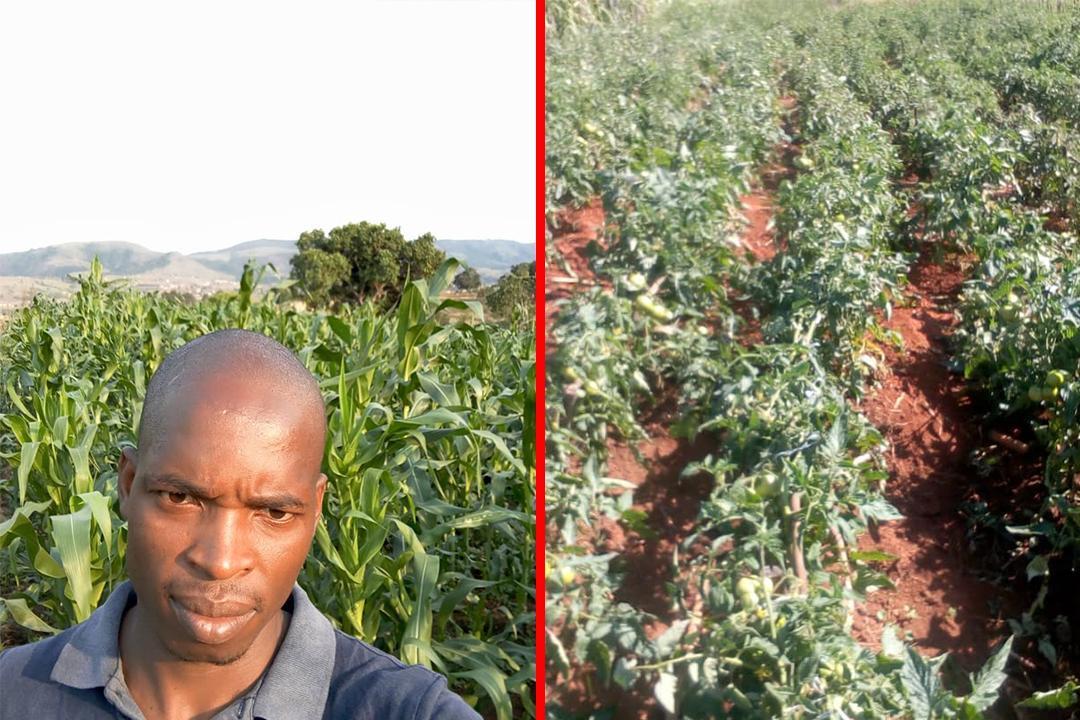Africa-Press – Eswatini. “Farming is part of my story. My father raised my older siblings through it, and even though I never knew him, I felt inspired to follow in his footsteps.”
That connection to his family’s past gave Sakhile Dlamini the motivation he needed to begin building something of his own. Today, this man from Bhunya is a small scale farmer with three years of experience and a clear determination to grow both food and a legacy.
His journey began with a loan from FNB, which he used to buy fencing and launch his first production efforts. Starting small, he encountered immediate challenges the most pressing being water. For a time, he relied on someone else’s water supply, which had to be shared and rationed. This made irrigation unreliable, limiting his ability to plant consistently and forcing him to farm seasonally.
In 2024, he changed that. After saving up, he bought his own pipes and secured a private water system. With that one investment, he turned his farm into a year round operation.
Currently, Dlamini grows tomatoes, beans, cabbages, maize, and sweet potatoes. He works alone, handling every stage from preparing the land and planting to watering, pest control, and harvesting. To reduce costs, especially while he’s still working towards full stability, he uses simple but effective methods like manually digging holes and placing seedlings directly in the soil, particularly for maize.
Still, the challenges are real. Pests and diseases threaten crops, and the high cost of pesticides limits how much he can treat. But Dlamini remains focused. His resolve is strengthened not just by passion, but by necessity , he is raising children, and farming plays a key role in feeding his household and reducing daily expenses.
“I no longer buy vegetables or mealie meal,” he says. “That alone helps me save money. My next step is livestock, so I won’t need to buy meat either.”
He balances his agricultural work with a rotating job schedule ten days working during the day, followed by ten days at night. On his off days and in the daylight hours between shifts, he turns his full attention to the field. It’s a demanding routine, but one that allows him to make consistent progress without neglecting either role.
More than anything, he wants to ensure that the work he’s doing now lays a foundation for his children. His goal is not only to survive, but to create something they can inherit and build on something that will outlast him.
To those considering farming, Dlamini offers clear and honest advice, “It’s not easy, but it’s possible. You don’t have to wait to have everything start with what you have. Use affordable methods, stay consistent, and always be willing to learn. The results come with time.”
In Bhunya, between demanding work shifts and hours in the field, Sakhile Dlamini is showing that meaningful progress is not instant. It takes time, discipline, and patience. His story is a reminder that real change often grows.
For More News And Analysis About Eswatini Follow Africa-Press







